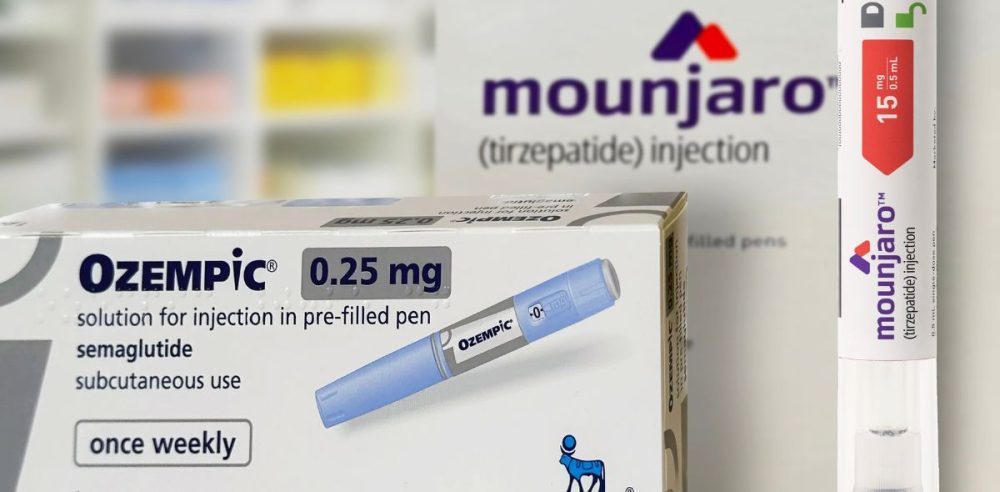Groundbreaking research from the Department of Veterans Affairs (VA) highlights the extensive impact of GLP-1 medications like Ozempic and Mounjaro, revealing their association with 175 medical conditions.
Published in Nature Medicine, the study analyzed the health records of 2.5 million VA patients, uncovering benefits that extend far beyond weight loss and diabetes management.
The research supports earlier findings that GLP-1 drugs may help prevent Alzheimer’s disease and reduce substance abuse by influencing brain inflammation and dopamine regulation, reported the New York Post. However, surprising new effects emerged, such as improvements in blood clotting and infection recovery—conditions not previously linked to these medications.
Dr. Ziyad Al-Aly, a co-author of the study, explained that GLP-1 drugs create an “intricate web of various effects” on the body, lowering risks for cardiovascular, kidney, and liver diseases, reported the Post. Novo Nordisk, the manufacturer of Ozempic, is already seeking FDA approval to expand the drug’s use for chronic kidney disease.
Mental health benefits also stood out in the findings, with evidence suggesting GLP-1 drugs may reduce stress responses and improve overall mental well-being. These results contradict earlier concerns that such medications could increase the risks of suicidal ideation, offering new hope for addressing psychological conditions.
Not all outcomes were positive.
Researchers found links to gastrointestinal issues, headaches, and an increased risk of arthritis, a perplexing result given the drugs’ role in weight loss, which typically alleviates arthritis symptoms. Dr. David Cummings of the University of Washington emphasized the importance of balancing these risks, stating, “The pluses greatly outweigh the negatives.”
Despite their potential, GLP-1 medications are not without challenges.
A recent survey revealed that 30% of patients discontinue the drugs within four weeks due to side effects like nausea or financial barriers. Additionally, the VA study population, which is predominantly older, male, and managing multiple health conditions, may not fully represent broader demographics, per the Post.
The use of GLP-1 drugs is growing rapidly, with 12% of U.S. adults reporting they have tried them. While their transformative potential is clear, the complexities of side effects and access underscore the need for further research to maximize their benefits.


